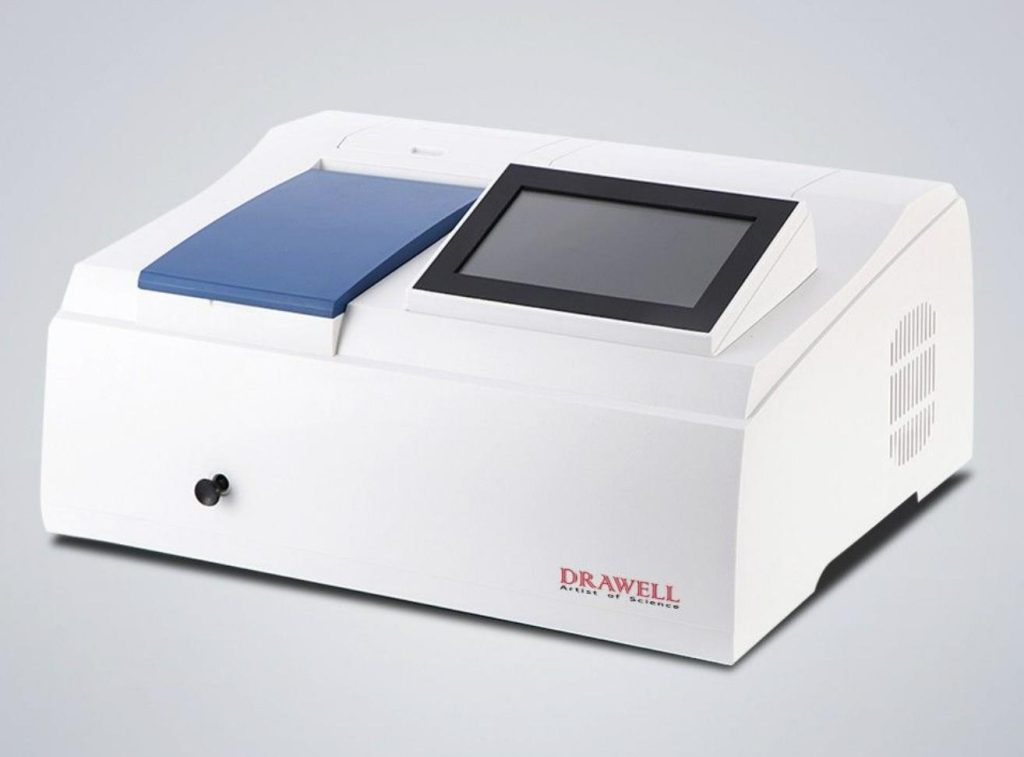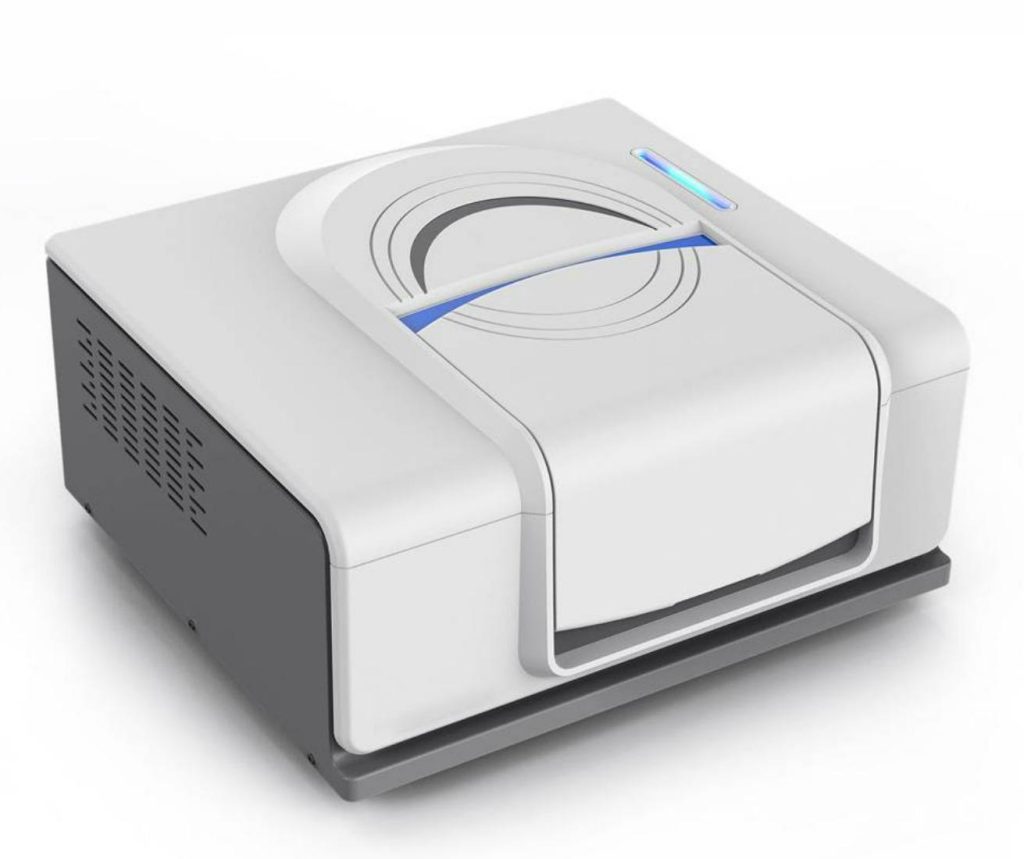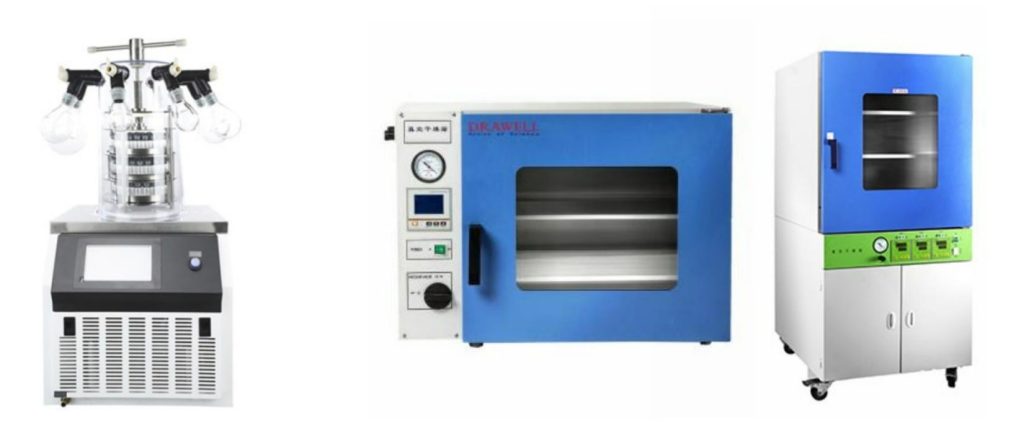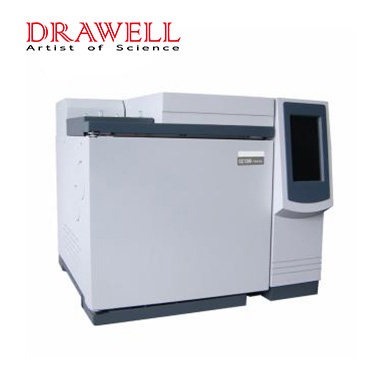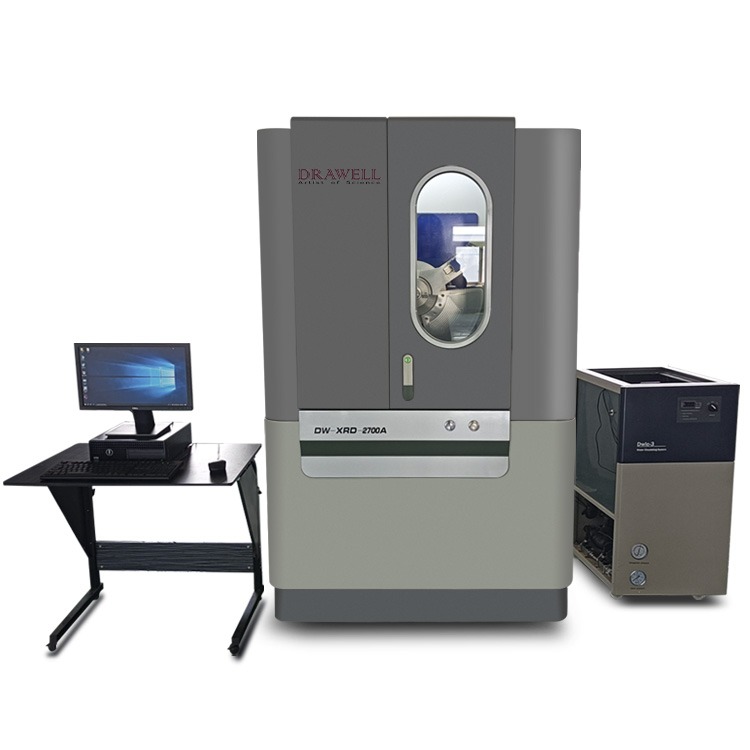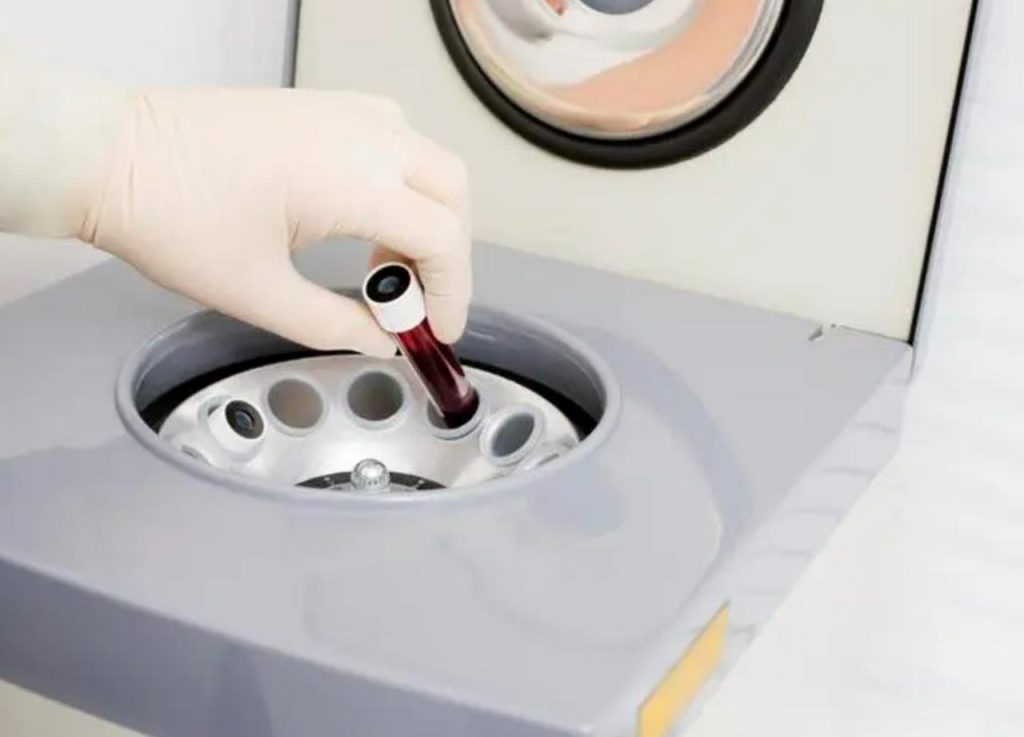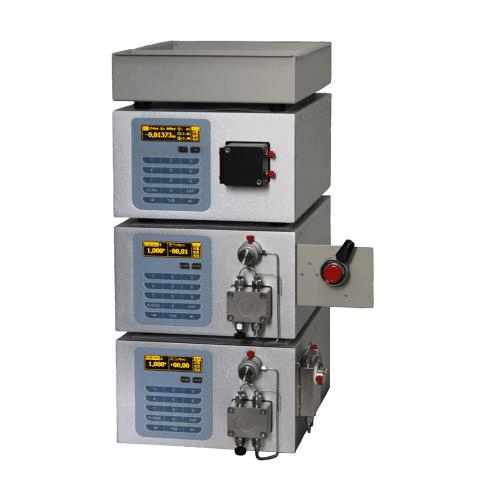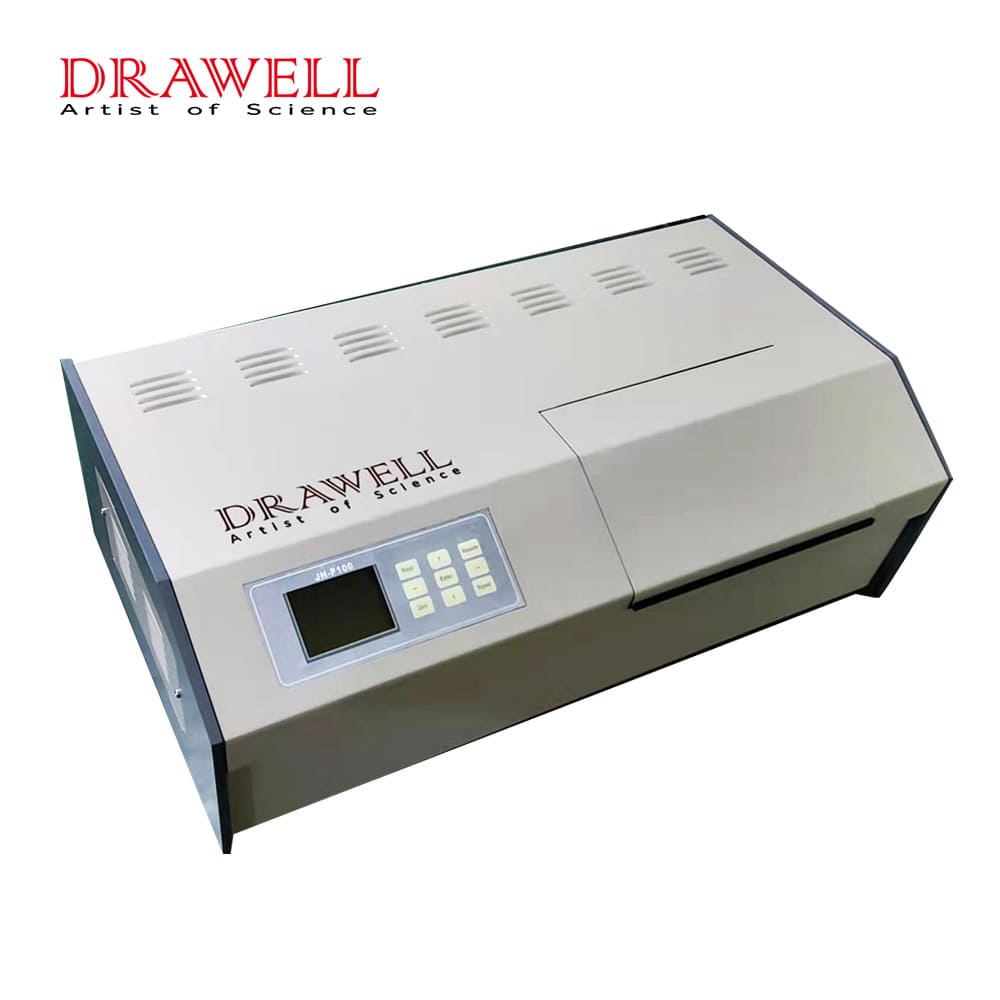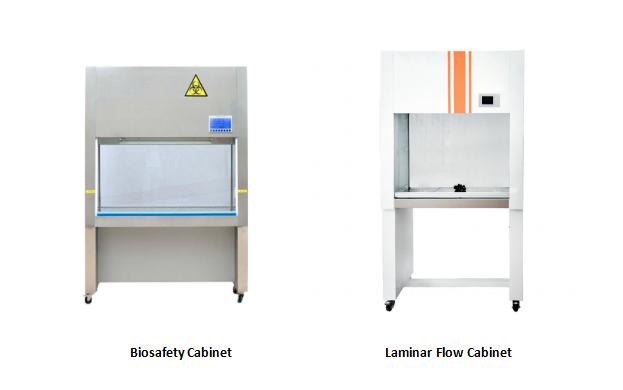News
Spectrophotometer Calibration and Validation: Ensuring Accuracy in Spectrophotometric Measurements
Spectrophotometers are crucial tools in a variety of scientific areas, such as chemistry, biology, and environmental research, where precise and accurate measurements of light absorption are required. It is critical to conduct thorough calibration and validation processes to preserve the dependability of spectrophotometric data. This article explores the significance of spectrophotometer calibration and validation, the methods…
How does FTIR Spectrophotometer determine the consistency of polymer materials
Maintaining consistency is crucial for polymer materials used in various industries, from packaging to medical devices. Inaccurate or inconsistent polymers can compromise performance and even pose safety risks. Fortunately, an incredibly versatile tool called the Fourier-transform infrared (FTIR) spectrophotometer provides a powerful means to assess the consistency of polymer materials. What is an FTIR Spectrophotometer? Imagine…
Lab Drying Techniques: Freeze Drying vs Vacuum Drying
Drying is a crucial step in numerous laboratory applications, from preserving biological samples to preparing materials for analysis. By removing moisture, drying prevents degradation, increases stability, and concentrates analytes for further study. This article delves into two prominent drying techniques – Freeze Drying and Vacuum Drying – exploring their mechanisms, advantages, and limitations to guide you in…
The Differences Between High-Performance Liquid Chromatography and Gas Chromatography
In the realm of analytical chemistry, the marriage of classical liquid chromatography with the theoretical framework of gas chromatography has given birth to the formidable High-Performance Liquid chromatography (HPLC). This amalgamation has revolutionized analytical techniques, introducing features such as high pressure, speed, efficiency, sensitivity, selectivity, and a broad range of applications. In this article, we delve into…
The Power of X-Ray Diffractometer: Unlocking the Secrets of Materials
Imagine a tool that can peer into the very fabric of materials, revealing their hidden secrets about atomic arrangement, crystallinity, and even strain. This powerful instrument exists in the form of the X-ray diffractometer, a marvel of scientific ingenuity that unlocks the mysteries of the microscopic world. In this article, we’ll embark on a journey…
The Pivotal Role of Centrifuges in Blood Bank: The Lifeblood of Separation
Blood banks are the beating heart of the healthcare system, providing life-saving transfusions to patients in critical need. But before that precious blood reaches a recipient, it undergoes a vital transformation within the walls of the blood bank, one orchestrated by a seemingly unassuming machine: the centrifuges. Why Using Centrifuge in Blood? Imagine blood as…
Advancements in High-Performance Liquid Chromatography (HPLC): Unleashing the Power of Precision
High-Performance Liquid Chromatography (HPLC) has made significant advances in recent years, putting it to the forefront of analytical procedures. HPLC, as a cornerstone of modern analytical chemistry, is critical in separating, identifying, and quantifying molecules with high accuracy and efficiency. In this article, we explore the cutting-edge advancements that are reshaping the landscape of High Performance Liquid Chromatography, pushing…
Automatic Polarimeters: Crucial Device for Measuring Optical Rotation Precisely
The automatic polarimeter, a critical equipment for detecting optical rotation, is used in a variety of industries, including pharmaceuticals, food and beverage, and chemical analysis. This article delves into the operation, functioning, uses, and benefits of automatic polarimeters in the realm of analytical science. Working Principle of Automatic Polarimeters Automatic polarimeters work on the basis…
Laminar Flow Hood vs Biosafety Cabinet in Laboratory: Differences and Choosing Considerations
In laboratories, maintaining controlled environments is imperative for the success of scientific endeavors. This involves creating settings where variables are carefully regulated to ensure the accuracy and reliability of experiments. To address this concern, it becomes essential to explore and understand the various tools available for maintaining sterility. This article delves into the comparison between…
Practical Insights into HPLC Pump and Detector Selection – From Types to Choosing Tips
High-Performance Liquid Chromatography (HPLC) is a powerful analytical technique widely used in various scientific fields, including chemistry, biochemistry, pharmaceuticals, and environmental science. The efficiency and accuracy of HPLC analyses depend significantly on the proper selection of key components, particularly the pump and detector. In this article, we will delve into the types of HPLC pumps and…


